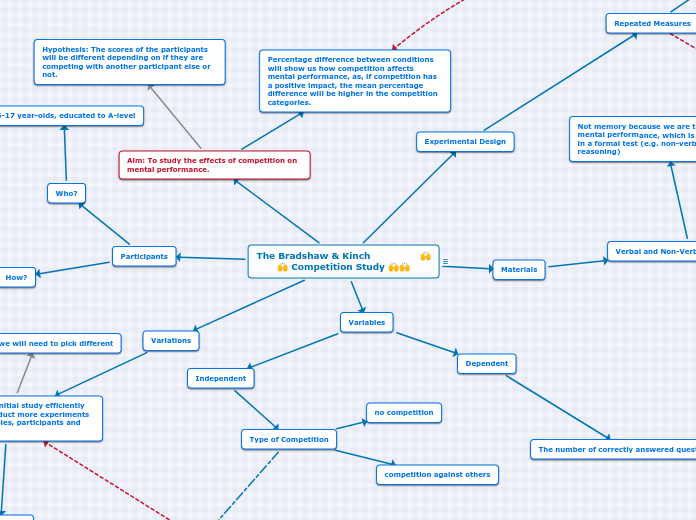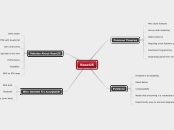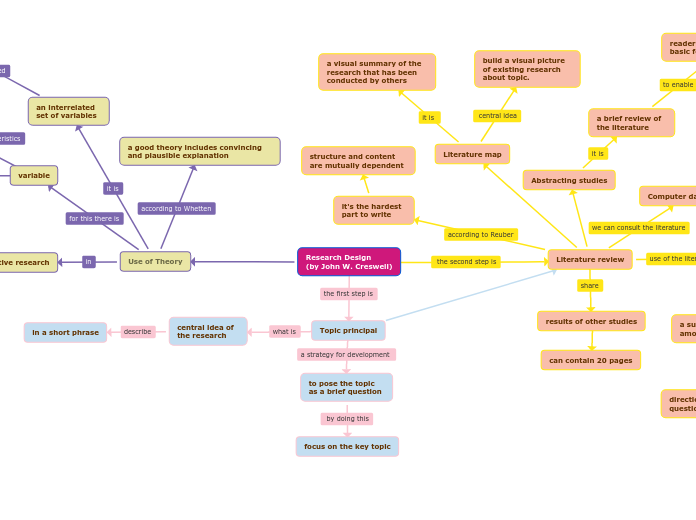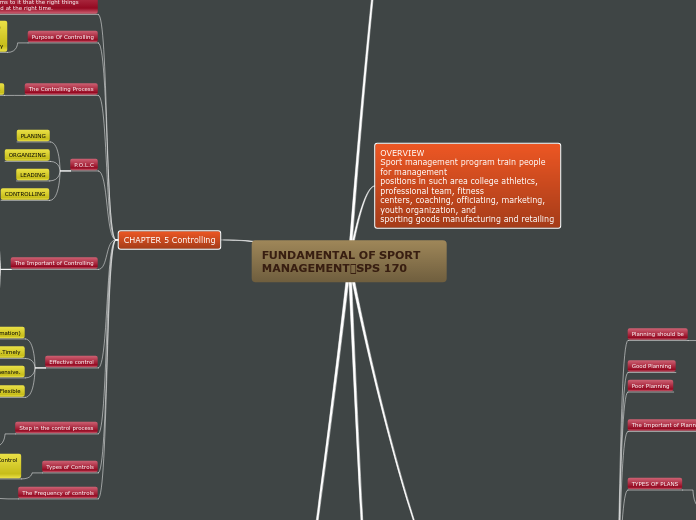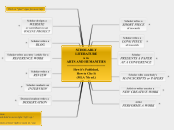The Bradshaw & Kinch 🙌🙌 Competition Study 🙌🙌
The Bradshaw & Kinch Competition Study
This study aims to discover the effects of competition on mental performance. This has applications in school, as well as in the workplace.
Vote Labour
Variations
If we complete the initial study efficiently enough, we can conduct more experiments with different variables, participants and materials.
However, we will need to pick different
Depending on sleep level
Negative Reinforcement
(Milgram It)
Hidden Target
With Reward
Memory Test
Participants
How?
Oppurtunistic Sampling
Only option we can functionally use
Who?
16-17 year-olds, educated to A-level
Experimental Design
Repeated Measures
Participant variables controlled
Materials
Verbal and Non-Verbal reasoning test
We will measure the percentage difference between conditions
We may need to conduct pilot studies, so that we know, without time pressure of the effects of competition, which test is easier, as we are measuring the percentage difference, but some tests may just be more difficult than others, and so the difficulty of the tests would be a confounding variable.
We will add a time limit so that people need to try to complete the test
there must be separate, equally difficult tests, as we are using repeated measures
Not memory because we are testing for mental performance, which is tested better in a formal test (e.g. non-verbal/ verbal reasoning)
Variables
Dependent
The number of correctly answered questions
Independent
Type of Competition
Competition against target
competition against others
no competition
Aim: To study the effects of competition on mental performance.
Hypothesis: The scores of the participants will be different depending on if they are competing with another participant else or not.
Percentage difference between conditions will show us how competition affects mental performance, as, if competition has a positive impact, the mean percentage difference will be higher in the competition categories.
